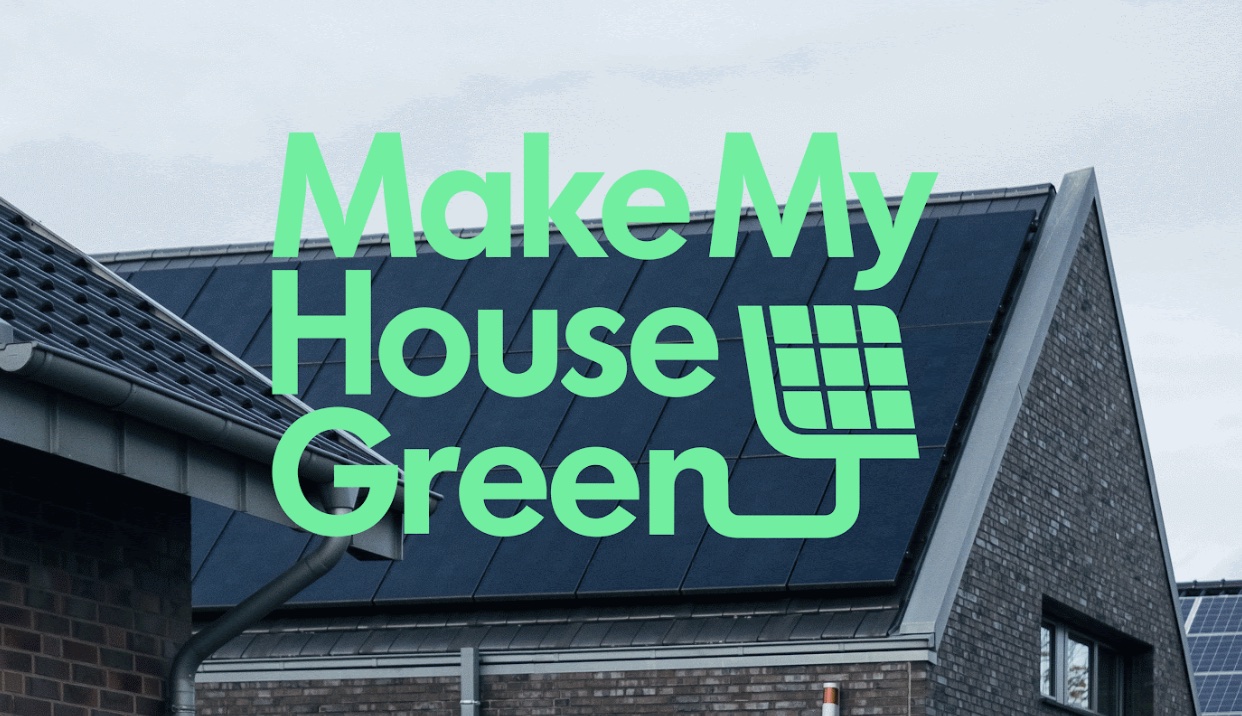Are solar panels right for me?
The way we get our electricity has always been the same. It’s generated remotely by power stations, and we pay for what we’ve used.
But you’ve probably seen homes with solar roof panels, generating power for free. How did those homeowners justify solar? And could it be the way forward for you? We’ve had a chat with Llewellyn Kinch, co-founder of MakeMyHouseGreen, to get the lowdown.
The basics of solar
Solar panels convert light energy from the sun into electricity. They don’t need direct sunlight to function, but the brighter and more direct the sunlight, the better.
Households with solar panels remain connected to the grid as they still need an external energy source when their panels aren’t meeting their demand. But staying connected also means you can sell any excess energy your panels generate back to the grid.
Financial factors
So far, so positive. But what are the drawbacks? There’s only one – that’s the cost of buying, installing and maintaining the panels. Realistically, the minimum you can expect to pay is around £5,000, but typical systems cost around £8,000.
To work out if solar panels would work for you, you need to know how much you spend on electricity per year. Then you can work out how long the panels will take to pay for themselves. On average, the break-even point takes about eight years, as panels can typically save you £1,000 per year. You’re then into pure profit for the rest of the 25yr lifetime.
The lay of the land
Solar panels are most efficient when they’re at 90 degrees to the sun. That’s why sloping roofs are perfect for mounting them on. If you have a roof that faces roughly southwards you’ll be gathering some energy for upwards of 14 hours a day in summer, and a good six hours a day in winter. Other roof directions often work well too, but south facing is best.
Because the path of the sun is predictable, you can calculate how much sunlight falls on your location and roof orientation over a year. Does that sound complicated? It is! But a tool like MakeMyHouseGreen’s makes it simple.
Simply find your home on an online map, draw a square around your roof and give a few other details, and their calculator will do the maths. It can even calculate how much money you can expect to save for a chosen set of panels.
As Llewellyn says, “People always understood that solar panels mean cheaper bills, but were put off by not knowing whether panels would ever pay for themselves. That’s why we created a simple tool with powerful algorithms to give the facts to individual homeowners. Now they can make up their own minds. If they do want to go ahead, we can do the install and have partnered with the likes of Santander and Cotswold Council, to do just that.”
When the sun goes down
As dusk falls, panels’ power generation tails off to zero and 100% grid power kicks in. But there’s a way to wring even more energy out of your panels – batteries. Connect batteries to your system and your daily excess generation will charge them up, extending your self-sufficiency well into the night, and possibly 24/7. They’re about the size of a backpack and last about 15 years. Like panels themselves, will pay for themselves over time, as you’ll be using less night-time grid electricity.
Does everything add up?
If you’re considering solar panels solely to save money, it’s likely you can make a compelling case, wherever in the UK your home is located. With reliable estimates available, you can work out if it would save you money, and thanks to highly efficient batteries, you can even carry on using your self-generated power into the night.
But of course, money isn’t everyone’s only consideration – for many, it’s doing your bit for the environment by cutting your reliance on fossil fuels. And that’s priceless.
Free solar upgrades with Silversurfers.com
Free upgrade to higher power output panels. Free upgrade to high quality Puredrive battery. Use our calculator and speak to an expert.
ADVERTORIAL




















